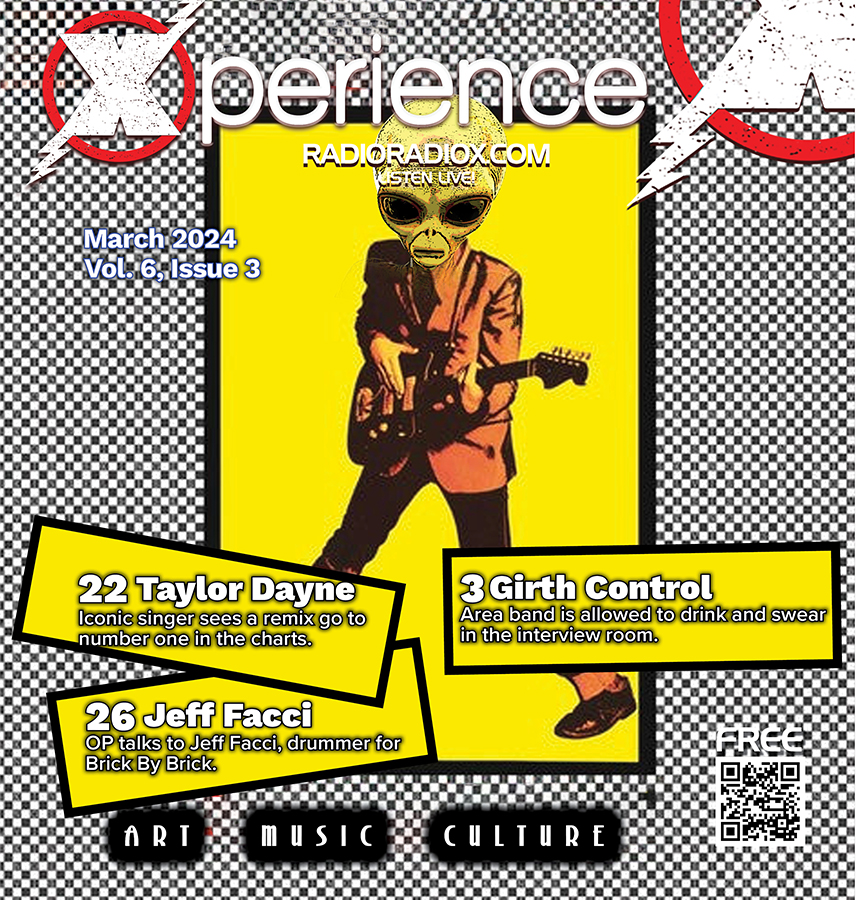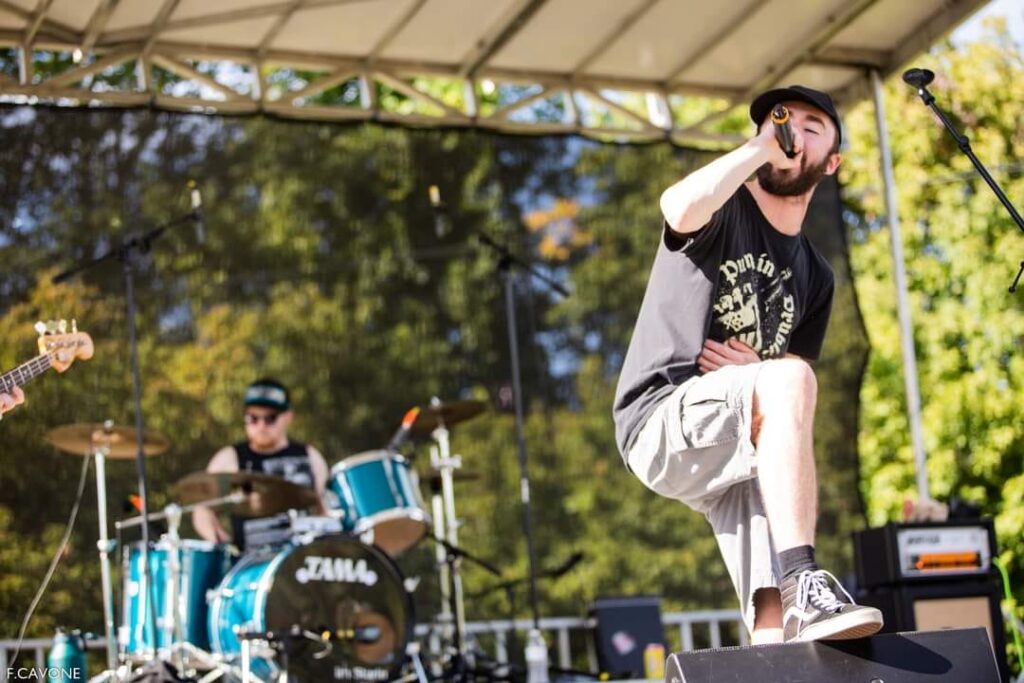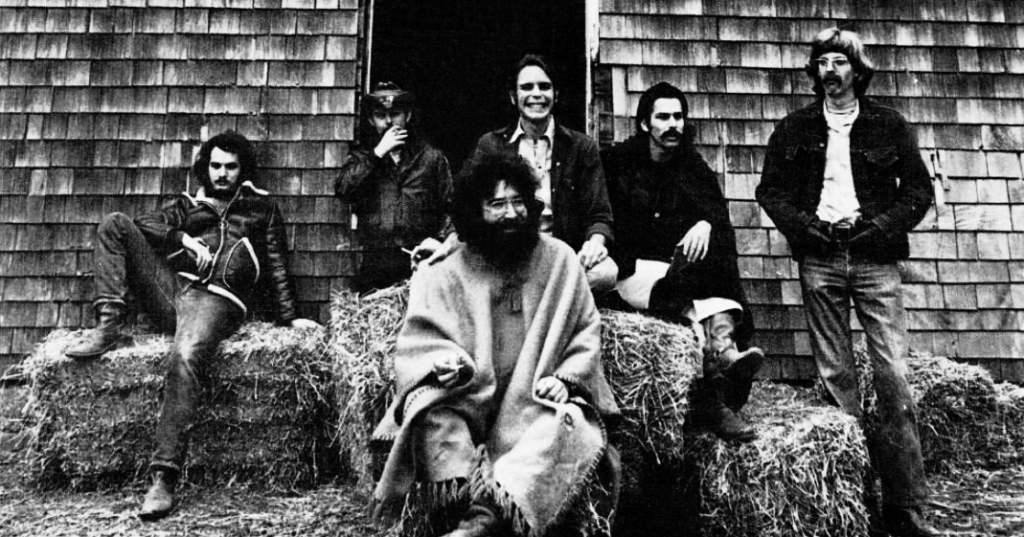Justyna Kostek: Staging Greatness -By: Liam Sweeny
Written by Staff on September 9, 2021
Whether it’s a song lyric, a visual motif, a short piece of flash fiction, a movie, or a play, all art tells a story. But whereas almost every form of abovementioned art can be reproduced and spread far and wide, some forms lose something. A live show’s not the same as a recording. But a play in a theater is a true “had to be there.”
People who gravitate to the theater have passion and big personalities. They have to; the stage is hungry. And Justyna Kostek has spent her life feeding that hunger act by act, crowd by crowd. She’s made us laugh and cry, and she’s here.
I sit down with Justyna, and we discuss red velvet curtains.
RRX: You were born in Poland, near Berlin, and you were exposed to theater there, only to move to Copenhagen, where we can imagine your passion for it grew as you performed festivals throughout Europe. How does theater, as an art form, in Europe compare to other art forms like music, writing, and visual art? Is it different than it is here?
In Poland we have a long tradition of satirical cabaret that’s rather special and I imbibed some of that, and I was fortunate to have teachers and directors in Poland, themselves steeped in theatrical tradition, who could sense how eager I was myself for the freedom of the stage. That’s part of the reason why I teach theater and public speaking to kids now among many other things I do, because I know how influential art can be in early education. And then yes, as you say, Copenhagen, and the wonderful Commedia School. How much I learned there! The art of storytelling, cabaret, buffoon, commedia mask work, physical theater…. All provided me with wonderful tools to use on stage! And taught me how to create original theater. I am so grateful to have continued that journey of physical theater in NYC at the Circle in the Square Theater School with great teachers as Shelley Wyant and Christine Sang among many others.
Honestly I think I was inspired as much by my grandmother’s singing as by anything to do with theatre, strictly speaking. She performed traditional songs and dances and instilled in me a sense that anything is survivable. Like so many Poles of her generation her sufferings were great during the war, very great; however, she never lost the spirit of affirmation and joy I can hear in her voice even now when she sings to me on the phone.
But you asked me about differences between theatre here in the US and in Europe. One clear difference is that unlike in the US, live theatre is subsidized by the government. That has advantages and disadvantages, of course. But when I went from festival to festival with my little company, we were always sure of a venue. And that’s an advantage, I must say. I do like a rich red velvet curtain, but I find it is little used anymore.
RRX: Forking from the previous question; so you have passion for and skill in theater performance that began in Europe and made the trip to America with you. And as I asked previously how European theater plays with other arts, I now ask; how is the American theater scene different than the European theater scene?
American theatre is break out theatre, its experimental, it has a different energy than plays from the –what a funny expression–Old World. Also, In America you have this glorious unique thing called the Musical! That’s what brought me to New York City from Denmark 7 years ago. My love for connecting music and theater. It is much more celebrated in the United States than in Europe. So when COVID took theater away from us – music still remained in my life and I am currently working on my first album with the extraordinary rock musician and beautiful soul Niki Kaos!
RRX: A few years ago, you directed and starred in Helen of Troy, NY. It played nearly two-hundred times in New York and came up here to rave reviews. What is it about? Can you describe it, and how was it coming up to the Capital Region and performing a play about the Collar City? Did anyone not like it for whatever reason?
Doing Helen of Troy NY was Don Rittner’s idea. We had just met and when he learned that I had a theater background asked me to codirect it with him. Don had the play for years and wanted to do it in Troy because the collar bosses in the city in 1923 would not let it play because it was a spoof on them. It was George Kaufman’s second play and a big hit in the city and around the country but not in Troy. Don wanted some poetic justice so he and I put the show together and had six sold out performances back in 2015. I also played the part of the French photographer. The original Helen starred Helen Ford who was born in Troy so we thought that would be a great hook also on doing it here. The play was about an imaginary Troy collar company and the two founders who fell out with each other but it was Helen who brought them back together by inventing a new collar. The music was written by Kalmar and Ruby the same guys who did music for the Marx Brothers movies. Don and I are talking about doing it again in Troy next year since it was so well received.
RRX: So let’s talk about your current project, Dietrich Rides Again, about the legendary Marlene Dietrich. She was a stunning actress and a powerful woman. She has qualities that I imagine would make anyone want to pay homage. Was there anything specific about Dietrich that caught your fancy enough to portray her?
In 2016 I was starring in an original musical Bound To Rise at the Medicine Show Theater in New York City and the music director of the show kept nudging me that I look and sound like this famous Hollywood movie star Marlene Dietrich and I must read up on her. By the 30th time he told me that I decided to read up on her and got so inspired by her life. I got together with one of the directors at Medicine Show – Oliver Conant and we co-wrote the show.
The fact that she used her international stardom to fight the evil during the WWII caught my heart right away. In 1929 when already so famous from her movies made in Germany, she moved to United States and joined the US army and performed on the war field for the American soldiers for the whole 5 years in Europe. She refused Hitler’s several requests to come star in his propaganda movies for millions of dollars. She saved many Jewish people from Europe and brought them to America. When she was as famous as Marylin Monroe and she didn’t even have to move her finger. I admire that so much. She died penniless.
The more I read, the more films I watched, I must say, I fell under her spell. Think of any of her film performances, how she holds her partner’s gaze. The way she has of admitting you to her beauty! There’s her stillness, something in her that may have belonged more to the theatre than to movies, and, of course, the lighting she learned from her beloved Von Sternberg, and something else, too. She’s a great clown. Now when I say that to Americans it can be misunderstood, but when I say she is a great clown I say it with utmost respect, as one would say it of Charlie Chaplin—whom she knew, of course!
RRX: Marlene Dietrich was unique for her time. She broke rules and norms, and she was unapologetic in being who she was. She operated in an industry run by powerful men and she didn’t flinch. She had to be a great character, but how do you portray her in an age where empowerment isn’t as revolutionary as it was during her time?
She had a good mentor: Mae West. I do think her example remains an empowering one to the LGBTQ+ community. Whenever I advertise my show at the Pride events in NYC I meet many other Marlenes. The theater industry is still run by men. On my journey with Dietrich Rides Again I certainly encountered and continue to encounter many things that Dietrich herself had to deal with as a woman in the showbusiness.
RRX: Dietrich Rides Again is an interweaving of theater and film, at least thematically. So I’ll ask this in a space where many people don’t experience both. What can we get in theater that we can’t get in film? And do you prefer films that started in theaters, or plays that take from films, if you had to choose one?
You know it’s interesting I was thinking of Cold War, which has some of the same kind of singing my grandmother did, and it’s certainly very theatrical! In old age, you know, Marlene dismissed her silent film career. In the wonderful documentary by Max Schell she even calls The Blue Angel, her first film, “quatsch’ or kitsch or whatever she says but I think its fun.
As an artist starring in the film you don’t get the immediate response from the audience where as in theater you are literally “serving the audience” your humanity. That is what’s different. Sharing the beauty of humanity together. Artists– serving, the audience- responding.
RRX: This is where you answer the question I didn’t ask. Any cool superstitions behind the curtain? Alternate uses for pancake makeup? Educate, enlighten, emote – the floor is yours.
In Europe if the script falls on the ground during rehearsals you must step on it before picking it up otherwise it’s “bad luck”. In Poland if you don’t take a shot of vodka before doing certain kind of traditional productions you will get booed by the cast. I believe in the Netherlands the shot of vodka is replaced with the joint of marijuana.




 RadioRadioX
RadioRadioX